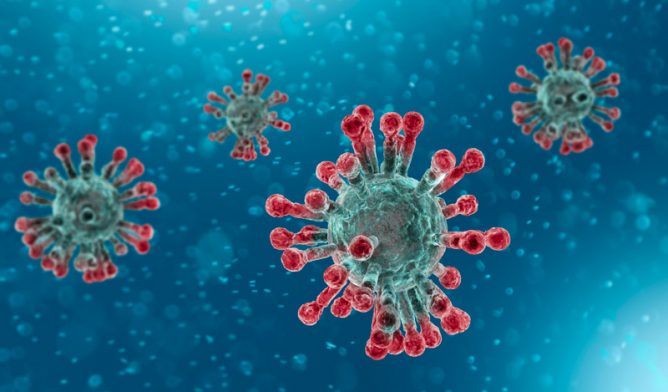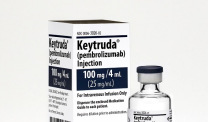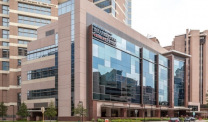Coronavirus Postpones Mesothelioma Symposium
Treatment & DoctorsWritten by Tim Povtak | Edited By Walter Pacheco

The Mesothelioma Applied Research Foundation has postponed its annual International Symposium on Malignant Mesothelioma next month because of the COVID-19 virus, commonly known as the novel coronavirus.
The event is the largest gathering of the mesothelioma community each year. It was scheduled for April 6-7 in San Antonio, Texas.
Officials with the Mesothelioma Applied Research Foundation announced the postponement Wednesday, but the event has not yet been rescheduled.
Each year, the symposium brings together patients, caregivers, advocates, attorneys, financial consultants, doctors and nurses from various disciplines. The goal is to educate those affected by mesothelioma.
“This decision comes after careful deliberation and consultation with experts in the medical field who focus on care of mesothelioma patients as well as new information regarding the risk to patients with thoracic malignancies,” according to the foundation website. “Our patient population is at the highest risk for complications from possible infection with the virus, so this course of action seems most responsible.”
Foundation officials declined to further comment.
Government Taking Measures Against COVID-19
The postponement comes in the wake of the U.S. Congress approving an $8.3 billion emergency funding package to help bolster defenses against COVID-19 and its increasingly deadly worldwide outbreak.
President Donald Trump is expected to sign it into law quickly.
SARS-CoV-2 is the virus that causes COVID-19, which stands for coronavirus disease 2019.
Although the numbers are changing rapidly, as of Thursday, there were at least 160 people with the disease spread across 17 U.S. states.
Eleven have died. Most of the deaths have been from the state of Washington.
The worldwide epidemic, which started in China, has spread to at least 81 countries and killed more than 3,200 people.
California declared a state of emergency after the first death in the state was confirmed Wednesday. A cruise ship, which the victim had traveled on, was held offshore near San Francisco until all passengers were tested for the virus.
The majority of those contracting the highly contagious disease recover quickly and can return to everyday life, according to medical professionals. The still-developing methods to combat the virus, though, have prompted widespread alarm.
Sick and Elderly Most Vulnerable to Coronavirus
The elderly and sick — and those with serious medical conditions — are the most vulnerable to COVID-19. Their immune system may struggle to fight off the disease.
Mesothelioma is an aggressive cancer with no definitive cure. It is typically caused by exposure to toxic asbestos.
The postponement of the symposium was not a major surprise. The impact of the disease on everyday life within the United States has been mounting rapidly.
Some corporations, particularly on the West Coast, have begun asking employees to work from home to help avoid crowded offices where the virus could spread more easily.
More Postponements Coming
Officials throughout the country have begun talking about potential cancelations of concerts, sporting events, business conferences and other large gatherings, to discourage spread of the disease.
Public health officials in King County, Washington, where nine of the deaths have been reported, have recommended all residents work from home and anyone over the age of 60 should stay indoors.
The Mesothelioma Applied Research Foundation had arranged for many of the country’s top mesothelioma specialists to gather at the symposium for two days to help patients and caregivers.
Among those expected to speak include:
- Dr. Charles Simone, chief medical officer, New York Proton Center
- Dr. Daniel Sterman, pulmonologist, New York University’s Perlmutter Cancer Center
- Dr. Joseph Friedberg, thoracic surgeon, University of Maryland Medical Center
- Dr. Aaron Mansfield, translational scientist, Mayo Clinic
- Dr. Adnan Jaigirdar, thoracic surgeon, University of California San Francisco Medical Center
- Dr. Michael Harbut, occupational medicine specialist, Michigan State University
As part of the symposium, Harbut was making available to patients the cutting-edge breath test for mesothelioma that potentially could change the way the disease is diagnosed and eventually treated.
The study is designed to capture compounds in a person’s breath that may be markers for the disease. Many of the patients already had agreed to participate in the study.
This year’s symposium also included a session for patients and caregivers to speak personally with doctors and nurses from various disciplines to obtain insight into different treatments, including clinical trials.






